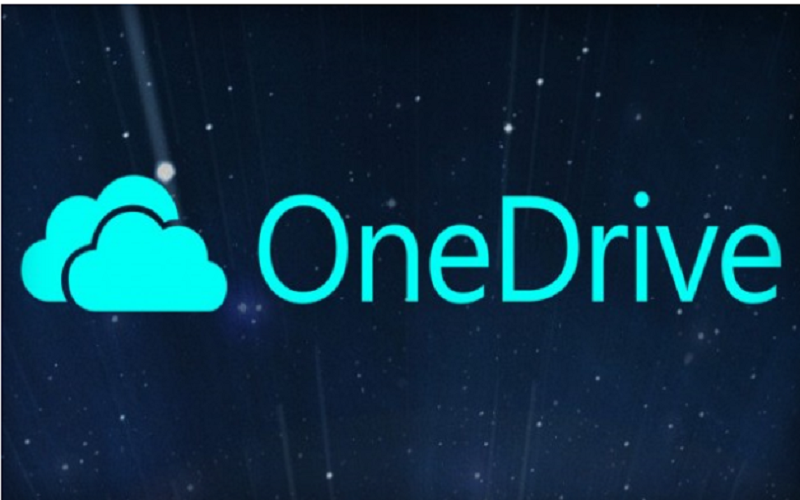
Score one for the annals of the strange: Microsoft has announced that it will be downgrading OneDrive storage for all plans across the board.
In a blog post entitled “OneDrive storage plans change in pursuit of productivity and collaboration” — wording reminiscent of when a company announces layoffs by “right-sizing” — the company said that it will be eliminating its Unlimited plan for Office 365 and reducing maximum storage on its other plans.
Here’s the recap, from Microsoft’s blog:
- We’re no longer planning to offer unlimited storage to Office 365 Home, Personal, or University subscribers. Starting now, those subscriptions will include 1 TB of OneDrive storage.
- 100 GB and 200 GB paid plans are going away as an option for new users and will be replaced with a 50 GB plan for $1.99 per month in early 2016.
- Free OneDrive storage will decrease from 15 GB to 5 GB for all users, current and new. The 15 GB camera roll storage bonus will also be discontinued. These changes will start rolling out in early 2016.
This is cold comfort to anyone who has moved their stuff over to OneDrive thinking that the company would at least stay roughly equivalent with Google and its other top competitors. For example, $1.99 now gets you 50 GB of storage instead of 100 GB like it did yesterday. And a free plan of just 5 GB, while more than what you get with Dropbox, is now equal to Apple iCloud and much less than Google Drive (15 GB).
What’s really strange and seemingly petty to us is Microsoft’s explanation, which the company is pinning on “a small number of users [that] backed up numerous PCs and stored entire movie collections and DVR recordings.” Microsoft said that in some cases, it “exceeded 75 TB per user, or 14,000 times the average.”
This begs the question: Does Microsoft employ human beings? Did they not know that, given the opportunity, a small number of people will take advantage of something if it’s free to do so (after paying the initial service fee), and that if you’re going to offer an Unlimited plan of some kind, that you kind of have to account for it and roll with it? This reminds me of when Verizon first started capping and throttling its so-called Unlimited data plans way back in the 3G days, and when customers first realized home ISPs that supposedly lacked monthly data caps were doing the same to heavy BitTorrent users.
To help with the transition, Microsoft says:
- If you are an Office 365 consumer subscriber and have stored in excess of 1 TB, you will be notified of this change and will be able to keep your increased storage for at least 12 months.
- If you are an Office 365 consumer subscriber and find that Office 365 no longer meets your needs, a pro-rated refund will be given.
- If you are using more than 5 GB of free storage, you will continue to have access to all files for at least 12 months after these changes go into effect in early 2016. In addition, you can redeem a free one-year Office 365 Personal subscription (credit card required), which includes 1 TB of OneDrive storage.
- Current customers of standalone OneDrive storage plans (such as a 100 or 200 GB plans) are not affected by these changes.
The changes to OneDrive are effective immediately. While we were preparing this blog post, Microsoft’s OneDrive blog was even down for some reason, leading us to wonder exactly how Microsoft is going to hold up in a cloud-focused world. Amazon, Google, and Dropbox seem to have this cloud storage thing down pat–maybe Redmond should give one of them a call for some help.
